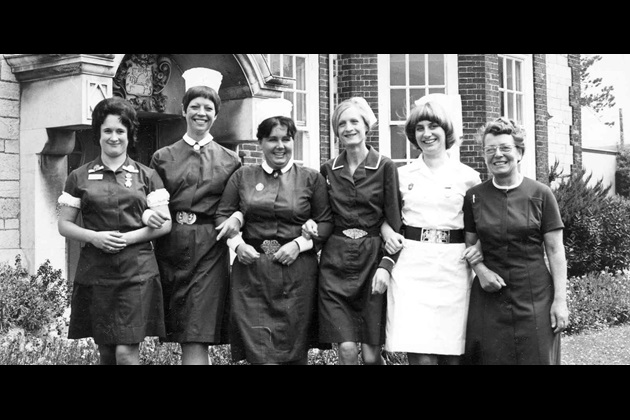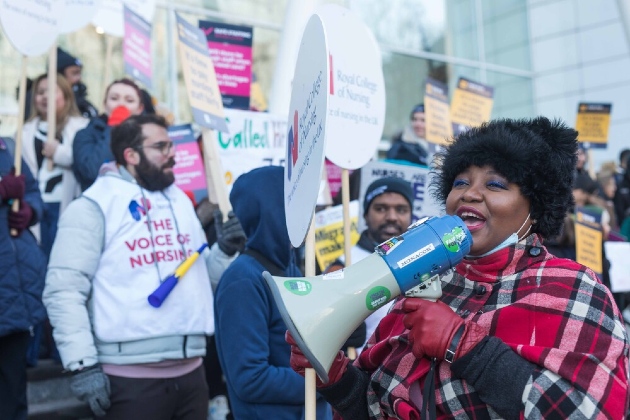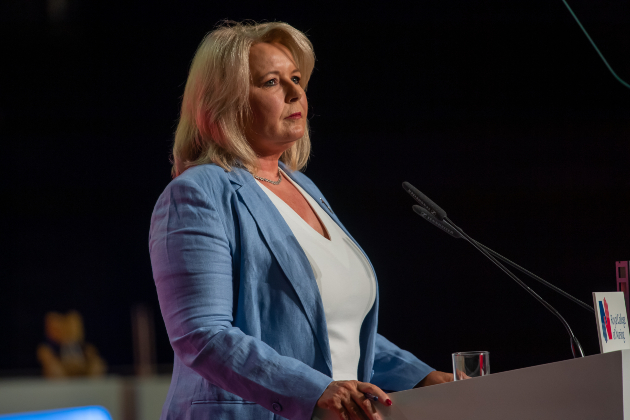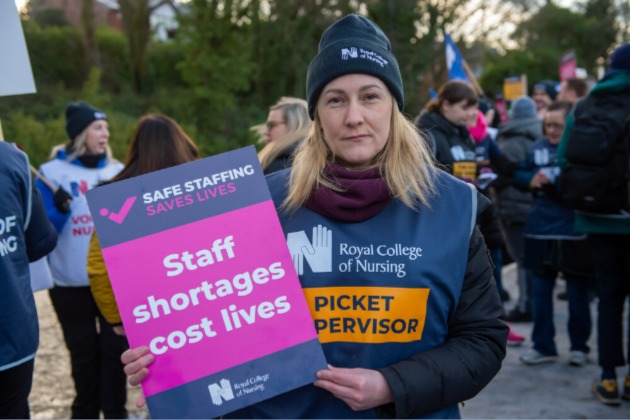As the NHS celebrates its anniversary,
Dianne Yarwood, from the RCN History of Nursing Society, shares her perspective of the organisation’s first 40 years
"My maternal grandparents lived and worked in the South Wales mining valleys and as a child I was made aware of the local charismatic MP, Aneurin Bevan, and his great achievement: the NHS.
"It has been argued that the model for the NHS was inspired by his awareness of the Tredegar Workmen’s Medical Aid Society, where free health and dental care was available to its members for the payment of a penny a week.
"In Britain the interwar years saw high unemployment, widespread poverty, poor health and high infant mortality. By 1945 the infrastructure was in a poor state, hospitals had suffered bomb damage and there was a significant shortage of nursing staff. Against this background, the Government published a white paper on a national health service.
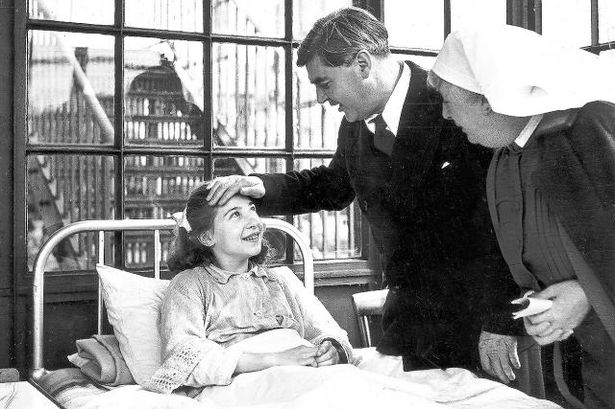
"The winter of 1947/8 was extreme and severe, yet in January of 1948 Aneurin Bevan, who was the Minister for Health and Housing at that time, announced that on 5 July the National Health Service would be launched. In those six months the introduction of the NHS was resisted in parliament and by doctors and dentists who feared a loss of freedom and independence. Charles Hill, known as the BBC’s Radio Doctor, broadcast his opposition to the introduction of a state-run medical service."
"However, not all doctors were against the NHS and the Socialist Medical Association (SMA) actively campaigned in its favour. Avis Hutt, an RCN member from 1935 until her death in 2010, was a radical activist and member of the SMA. She recalled being concerned about dismissal if the hospital had known that she was engaged in any form of political activity.
"As the implementation date grew closer, community doctors began to advertise for patients and with just five weeks to go the British Medical Association finally ended its resistance. Efforts were made to persuade Bevan to delay the implementation, but the launch date went ahead as planned.
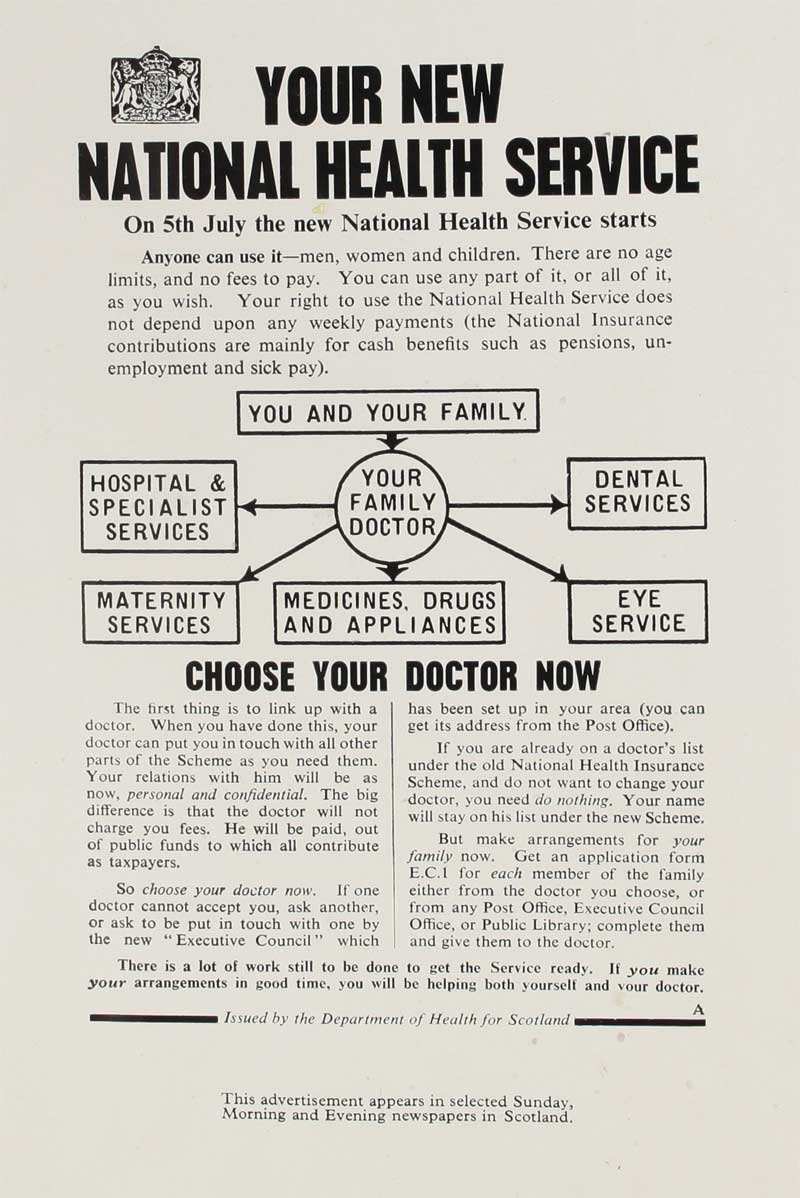 NHS advertisement published in Scotland (National Archive)
NHS advertisement published in Scotland (National Archive)
"My brother was born just 10 weeks after the beginning of the NHS and my mother was heard to say: 'I had to pay for our Dianne, but John came free!'
"However, that free service only remained truly comprehensive for a short time. The budget of 1951 reduced NHS funding and resulted in Bevan resigning, and in 1952 charges were introduced for prescriptions, spectacles and dental services."
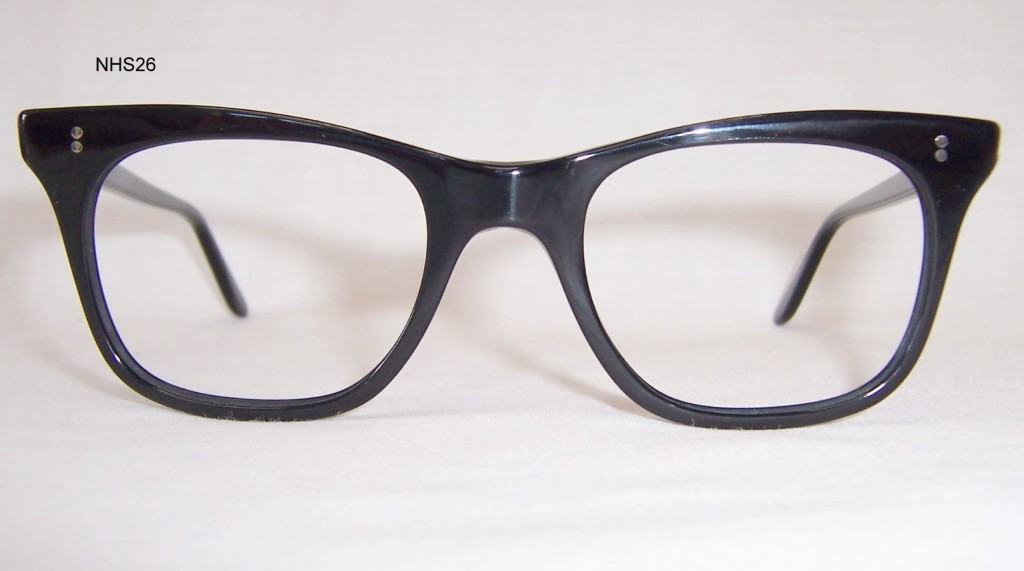
"There had been warnings of chaos and extreme abuse of the system, but those fears did not manifest. Instead, although there was very high demand, patients were now able to have the treatment they were previously unable to afford. The costs of the NHS were always higher than predicted but health improved, infant mortality reduced and life expectancy increased. However, as of 1956 there was ongoing underfunding of the service.
There was no shortage of equipment and resources
"Throughout the 1960s – despite long waiting lists, unrest by medical staff over pay and conditions and a cumbersome bureaucracy – the service continued to have widespread support. The decade also saw the creation of district general hospitals, the restructuring of social services and in 1968 the creation of the Department of Health and Social Security.
"As a student nurse at the end of that decade, the hospital beds were always full, there was no shortage of equipment or resources, the food for staff and patients was freshly prepared and the majority of hands-on nursing care was delivered by student nurses."
"The 1970s have been described as 'halcyon days', a time of increased spending, of expansion and an increase in the medical consultant base. But nurses and ancillary staff were threatening strike action over low pay and were awarded a 22% increase after the RCN’s Raise the Roof campaign.
"In April 1974 the NHS was re-organised with the aim of providing a fully integrated local health service. New layers of bureaucracy were introduced but it was not the solution hoped for and by 1979 the complexities of the NHS 'defied solution'.
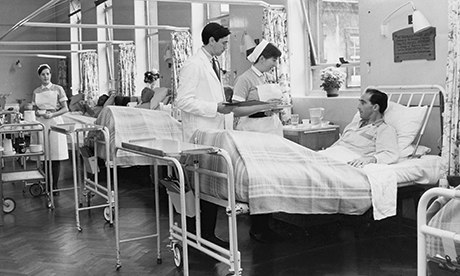
"The RCN became increasingly political, industrial disputes ranged across the NHS, nurses pay remained an issue and in 1974 the Halsbury review resulted in an average increase of 33%. I was undertaking the sister tutors diploma course at that time, released for a two-year full-time course on full salary. On completing the course and effectively being promoted, I saw a 50% increase in my salary.
"The 1980s was a decade of radical change, with the introduction of “general management” in 1982 following the Griffiths Report. In 1988 social services were split from health at government level. The General Nursing Council was replaced by the UKCC and in 1985 Project 2000 was launched, seeing the beginning of the move of nurse education from the NHS to the university sector.
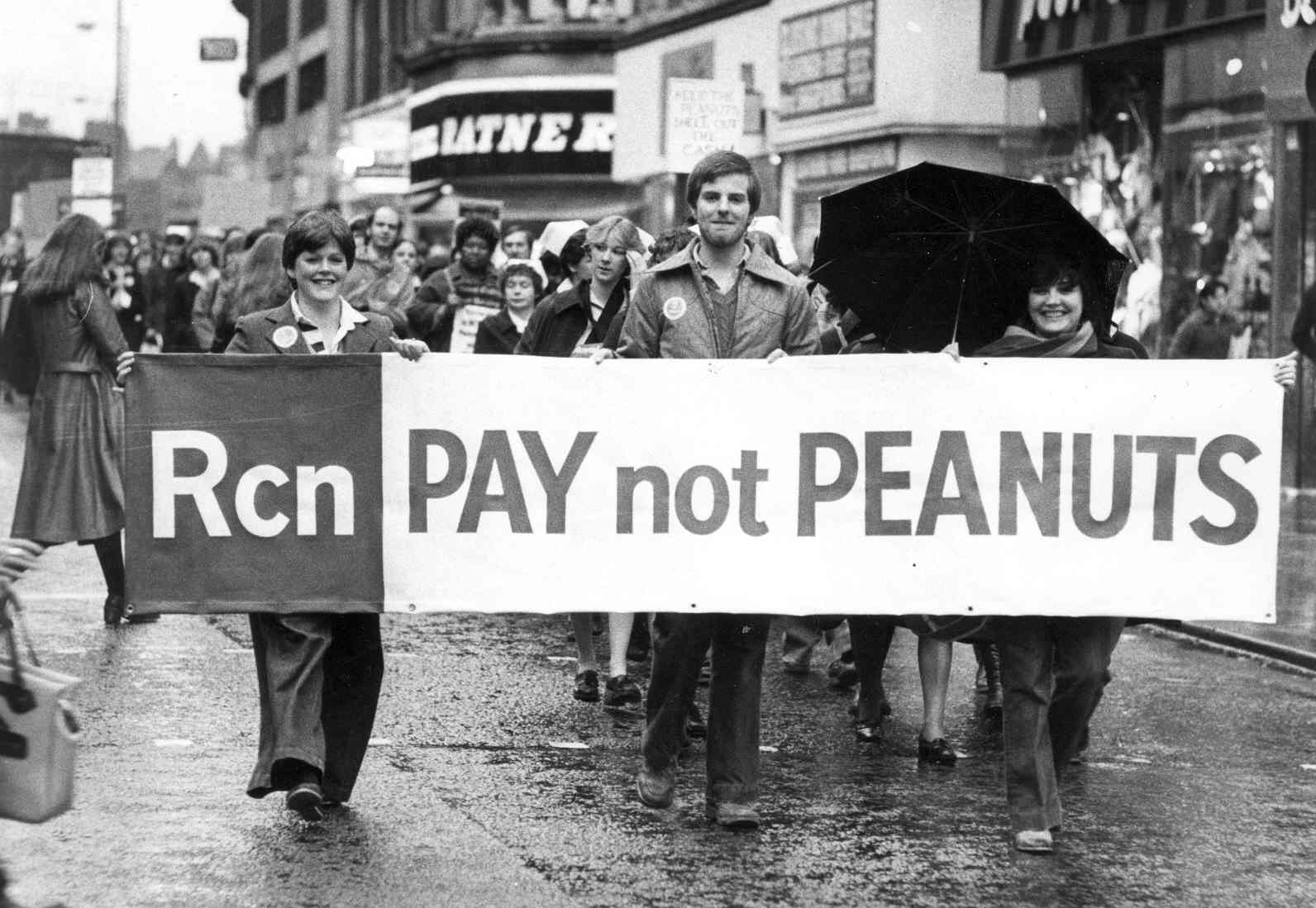
"The decade ended with Margaret Thatcher announcing on a Panorama interview that there was to be a fundamental review of the NHS; the “internal market” had arrived and the restructure was launched in 1991. Along with many other senior nurses and tutors I was required to attend the Kenneth Clarke video launch."
Marking moments
1948 – NHS created
On 5 July, Labour Health Secretary Aneurin Bevan formally launched the NHS and health care became free for everyone for the first time.
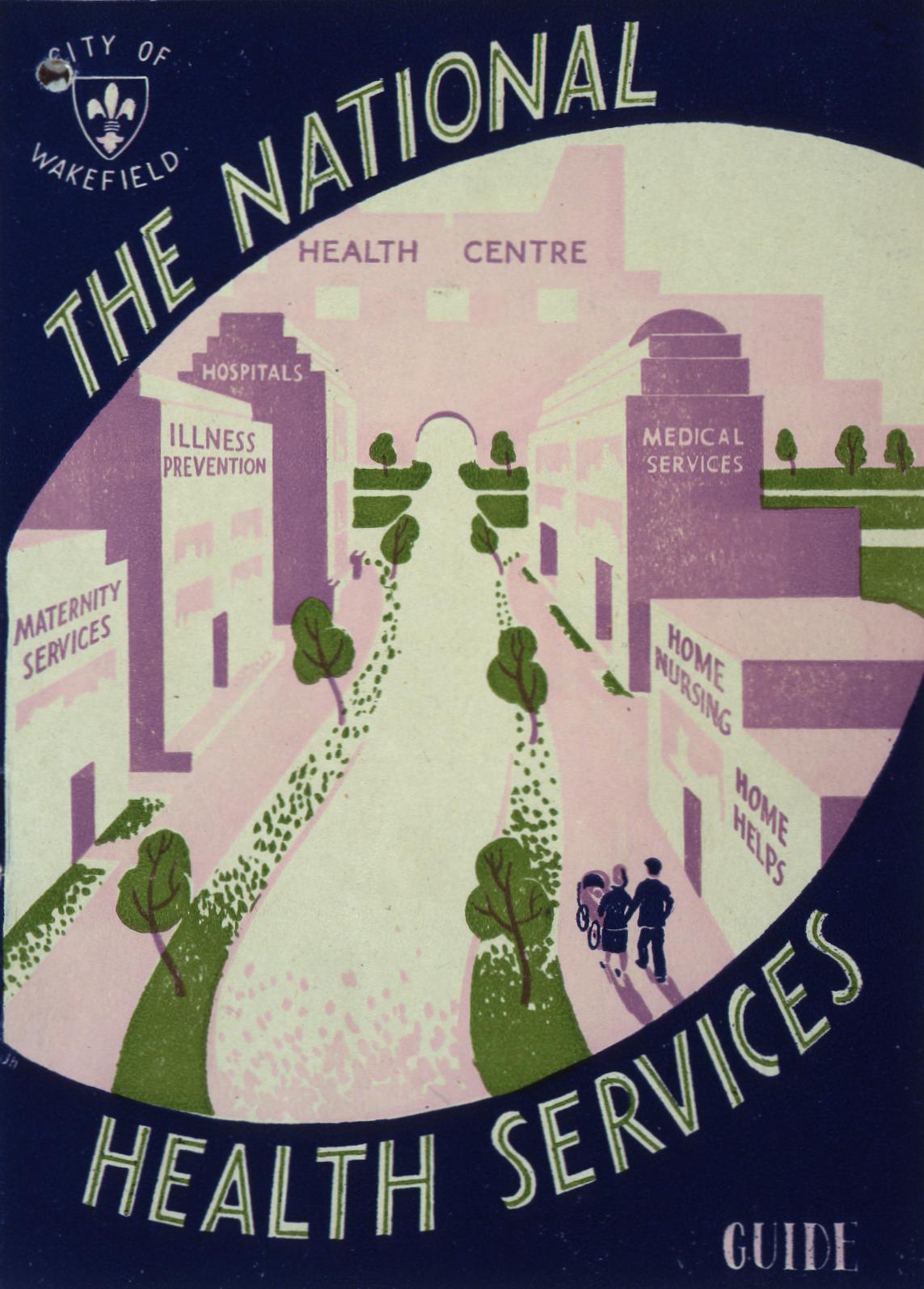
1952 – Prescription payments
Patients started being charged for prescriptions. In England, it was one shilling in 1952 and now stands at £8.60.
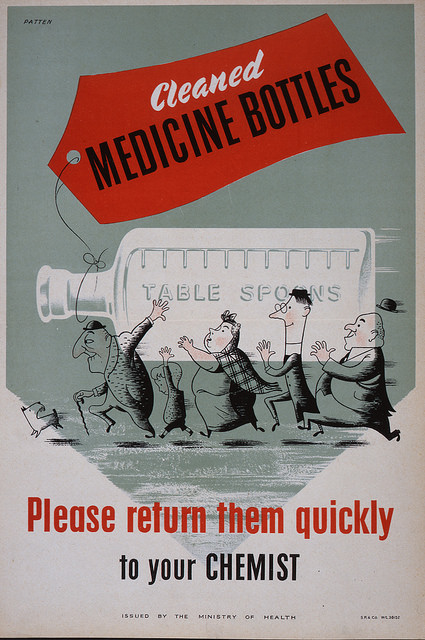
Promotional poster (National Archive)
1958 - First mass vaccination programme
There were 8,000 and 70,000 cases of polio and diphtheria each year before these vaccinations were offered to all under 15s.
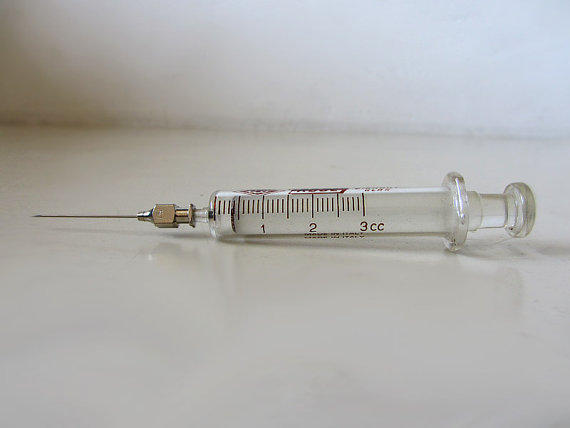
1961 – Contraceptive pill
The launch of the pill was monumental in giving women more control over pregnancy. It was initially only available to married couples but was offered out widely six years later.
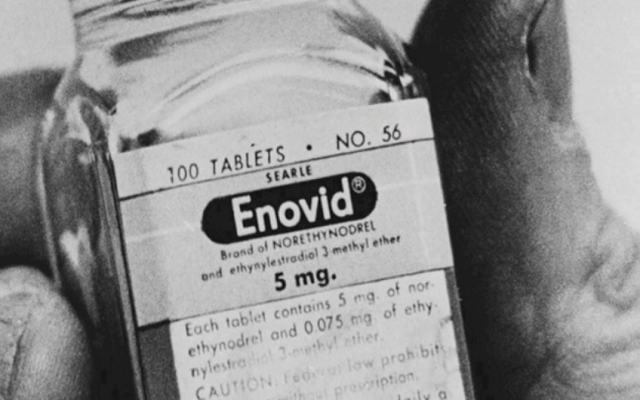
1962 - Birth of the modern hospital
Health Minister Enoch Powell’s Hospital Plan set out a vision to build hospitals in every place where there was a population of at least 125,000.
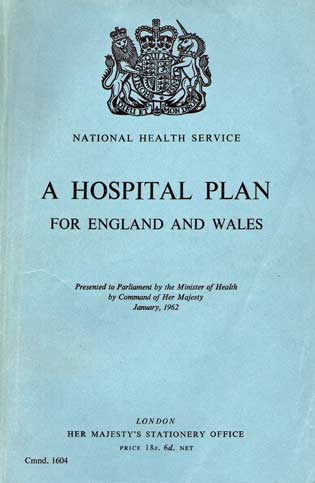
1967 - Abortion Act
Abortion became legal up to 28 weeks if a woman's mental or physical health was at risk. This was reduced to 24 weeks in 1990.
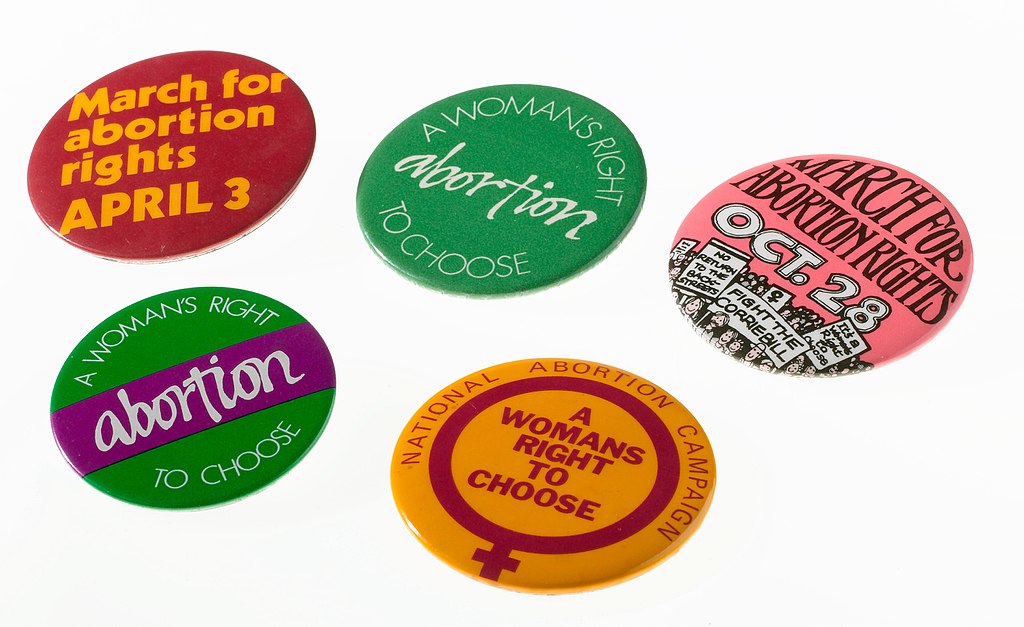
1968 – UK’s first heart transplant
Eighteen doctors and nurses operated for seven hours on a 45-year-old man. Successful survival rates weren’t achieved until a decade later, however.
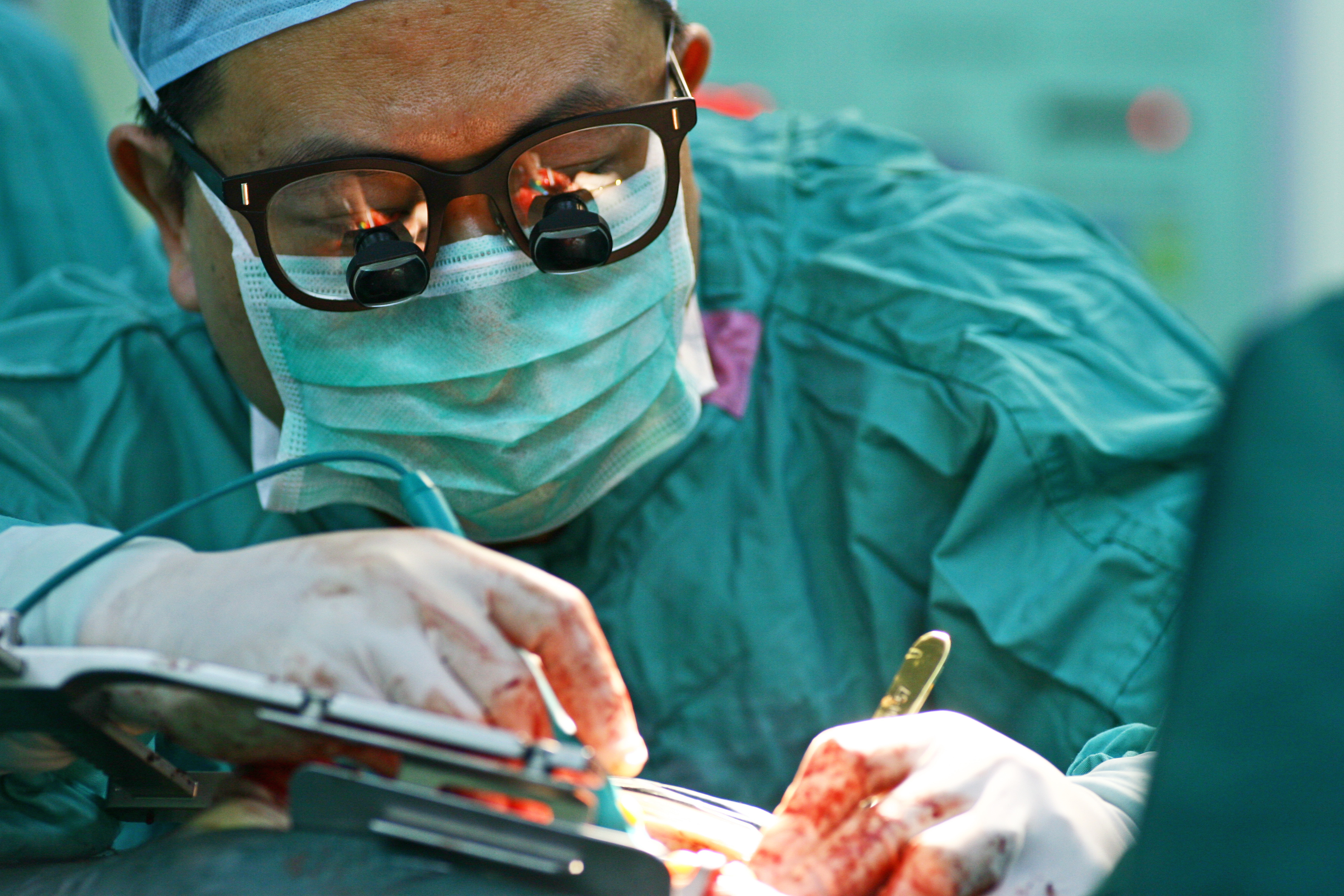
1972 - CT scanners used for first time
After five years of development, CT scanners began to be used on patients, which revolutionised investigations of the body.
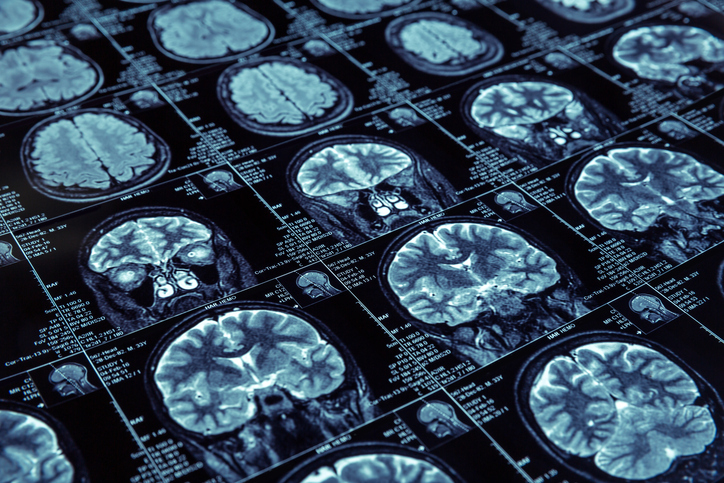
1978 - First test tube baby
Louise Brown, the world's first "test tube baby" was born at Oldham District General Hospital.
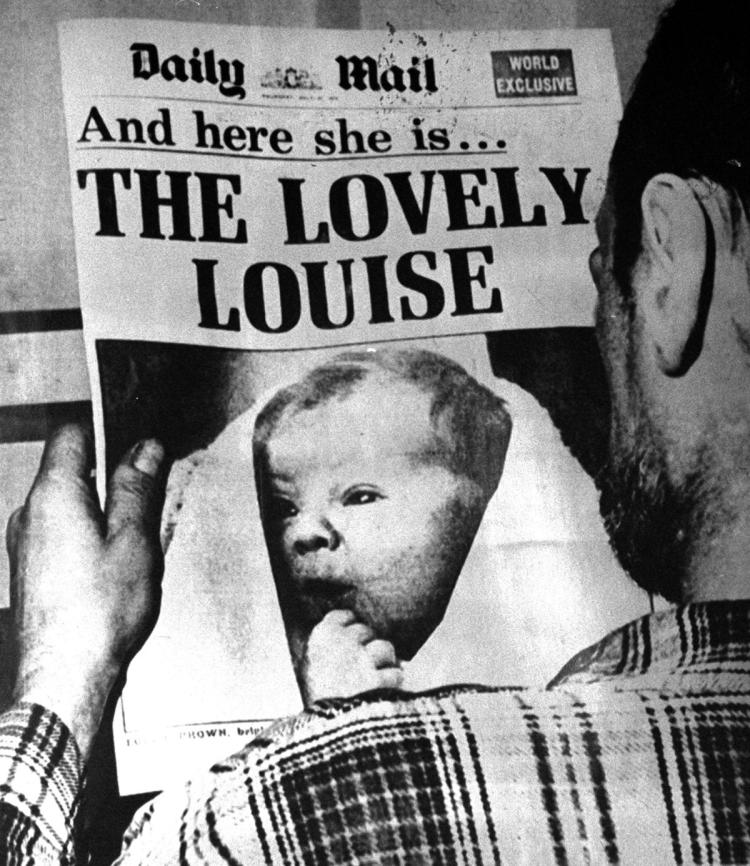
1988 - Breast screening programme
Breast screening for women over 50 was introduced to tackle high breast cancer deaths. Along with improved drug treatments, this screening was estimated to have cut deaths by a fifth.
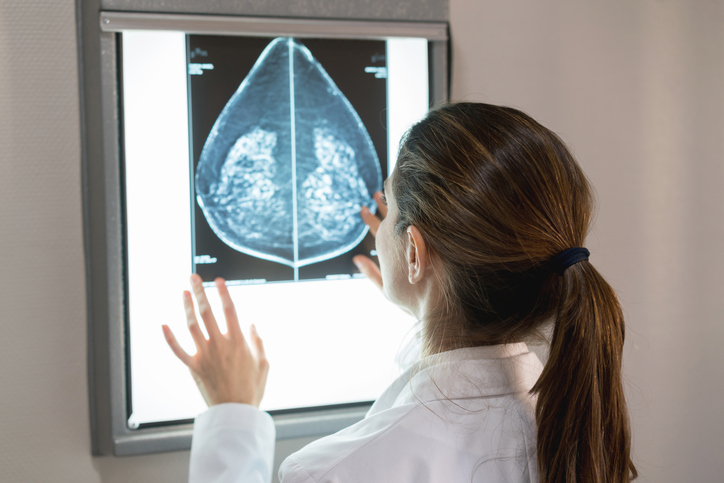
Source: BBC News online


